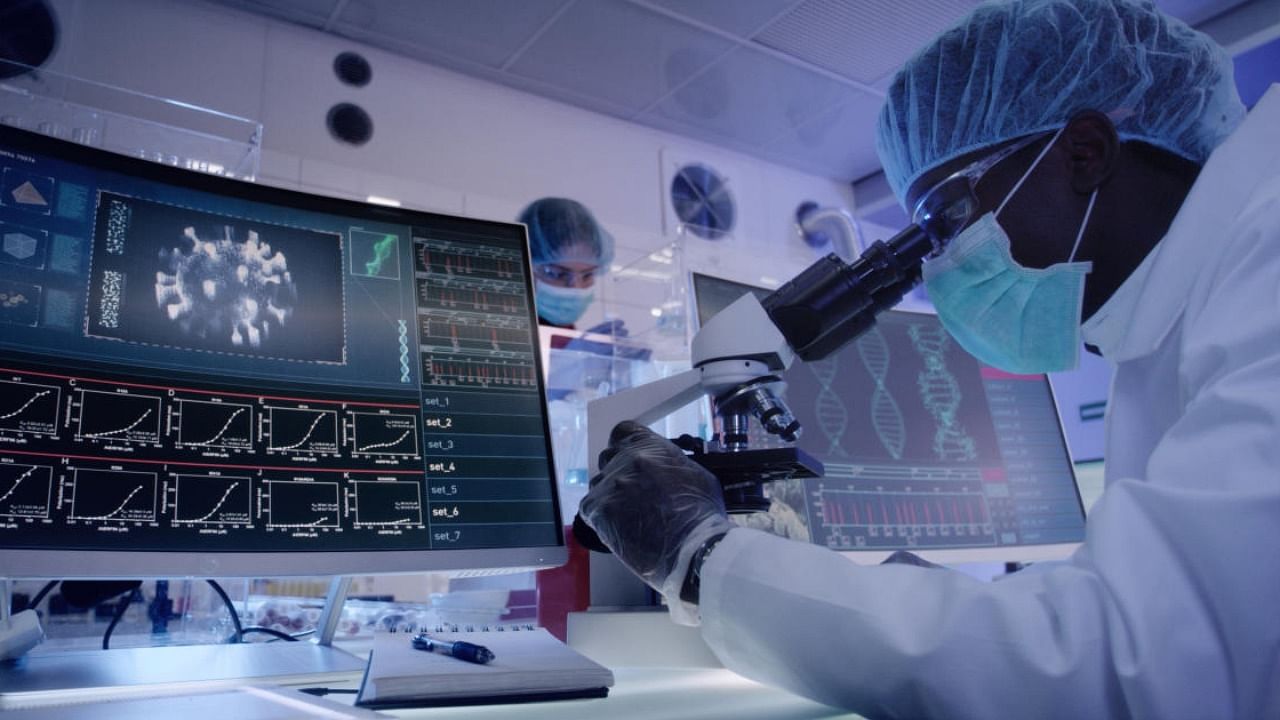
An ethics committee inquiry over data manipulation in a recently published paper from the Bengaluru-based National Centre for Biological Sciences (NCBS) has cleared the principal investigator of dishonest practices but nevertheless states that she must bear “overall responsibility” for the errors.
The TIFR Academic Ethics Committee (TAEC) noted that Dr Arathi Ramesh, the corresponding author and principal investigator of the laboratory, had erred by not subjecting the manipulated results to proper scientific scrutiny before sending it off for publication to the journal Nature Chemical Biology (NCB). It also pointed to a second paper which contained a labelling error of two samples.
“The PI’s scientific carelessness and lack of diligence while communicating the (NCB) paper contributed substantially to this untoward incident,” the committee wrote in their report, which was made public on Thursday.
The investigators said that heaping blame on PhD student Siladitya Bandyopadhyay alone was also not correct. “While the actions of the first author of the paper [Bandyopadhyay] cannot be justified, the entire blame seems to have been unfairly apportioned to him,” the committee wrote.
“There is compelling evidence which indicates that the image manipulation and result falsification in the paper… were carried out entirely by the first two authors,” they added.
In a statement, the NCBS said that it “regrets that an earlier press release gave this incorrect impression”.
‘Authoritarian conduct’
The committee said it also found “substance” in allegations of authoritarian conduct by Dr Ramesh and recommended that she be “immediately counselled to be more professional in her scientific practices and her conduct in the laboratory”.
At the same time, it noted that the third co-author, as well as the fourth and (Dr Ramesh), were unaware of the malpractice conducted in the study “and did not encourage it in any way”.
While Dr Ramesh and the NCBS-Tata Institute of Fundamental Research (NCBS-TIFR) management were noted for having handled the retraction of the paper professionally, they were nevertheless deemed as not being “wholly correct in the public statements after the malpractices were discovered”.
NCBS-TIFR said it had already “initiated several actions to promote research integrity and to ensure that grievances are addressed in a rapid, fair and transparent manner”.
Problematic study
The problematic study, titled 'Discovery of Iron-Sensing Bacterial Riboswitches', was published on October 5, 2020, and lauded for allegedly detailing the discovery of a new form of RNA molecule that can detect iron. It was retracted on June 30 this year.
Check out latest videos from DH: